Are you Managing your Fraud Risk Proactively?
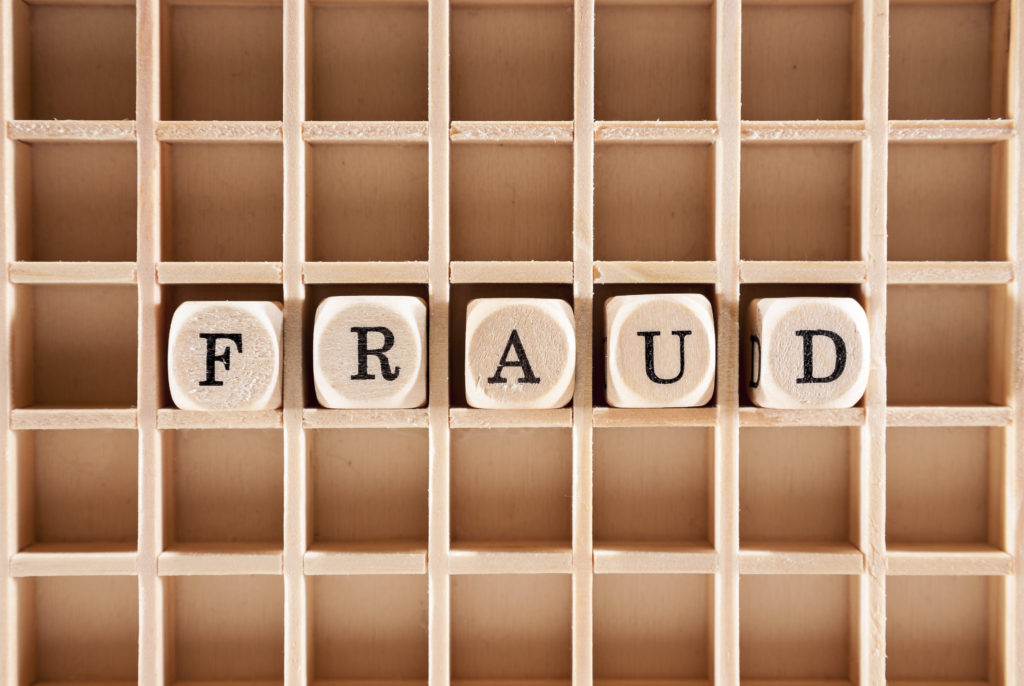
Managing fraud risk proactively is imperative. It is not only about protecting against financial losses commonly associated with fraud. It is also about surviving reputational risk. There is a need for Organizations to create an environment and implement appropriate controls for detecting fraud ahead of time. An increasing “perception of detection” is widely believed to […]
Did you know that IRS reinstated the “ASFR” program in 2019?

Under Internal Revenue Code, Section 6620, if a Taxpayer does not timely file a U.S. tax return, the IRS is authorized to prepare and file a U.S. tax return for that Taxpayer based on the knowledge that it has on hand. The return prepared by the IRS is called a Substitute for Return (SFR). The […]
Does your Third-Party FATCA Consultant have the experience to interpret the complex US Tax Code?
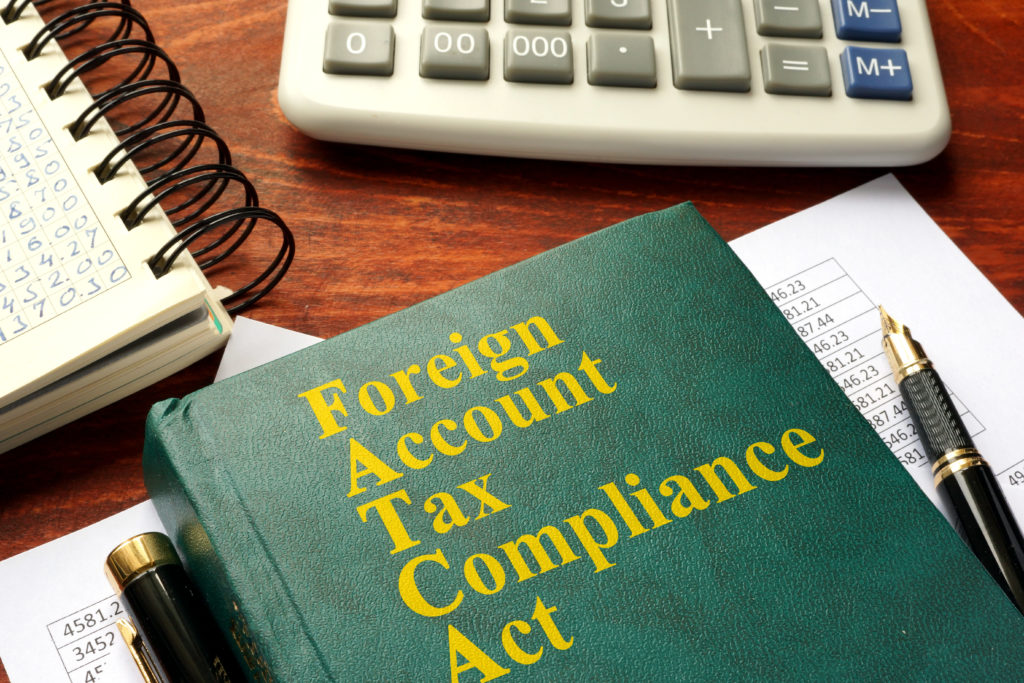
Foreign Financial Institutions (FFIs) have multiple FATCA reporting compliance responsibilities and face the possibility of penalties for not complying. Understanding and interpreting more than 1,000 pages of FATCA regulations requires an underlying comprehension of their words (a new vocabulary) and the spirit behind their wording to avoid being inadvertently victimized by FATCA sanctions and problems […]
FCInet is Connecting Data with different Worldwide Tax Organizations

In 2018, the Organization for Economic Co-operation and Development (OECD) issued a “call to action” for countries to do more to tackle enablers of tax crimes. The result of this “call to action” was the establishment of an operational alliance known as the “Joint Chiefs of Global Tax Enforcement”, also known as the “J5”, as […]
How does the “Accounting” for a Forgivable Loan received under the PPP work?

The PPP (Paycheck Protection Program) was established by Congress to assist small businesses during the Covid-19 pandemic as part of the $2 trillion CARES Act. Via the PPP, the U.S. Treasury requires the U.S. Small Business Administration (SBA) to fund loans up to $10 million for business borrowers to cover payroll, mortgage interest, rent, and […]
The FATF identifies Money Laundering Threats arising from the Covid-19 Crisis
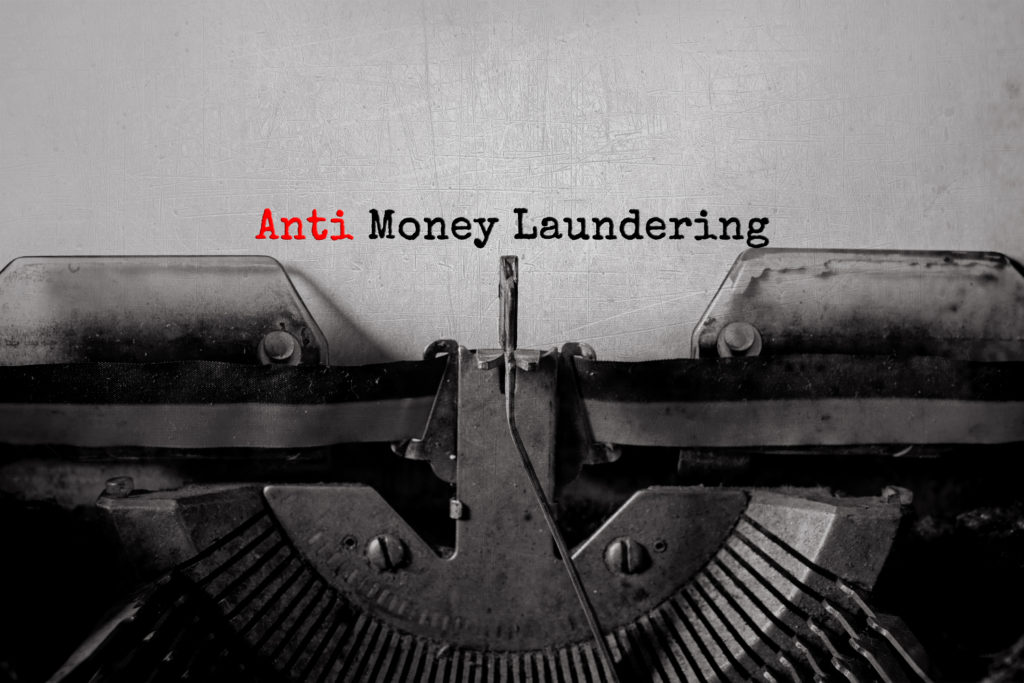
On May, 2020, the FATF published new money laundering and terrorist financing threats and vulnerabilities arising from the COVID-19 crisis. The document highlights how fraud, cybercrime, misdirection of government funding and international financial assistance are opening the way for illicit actors to create new sources of funds/proceeds. This is challenging the ability of the private […]
FCPA Compliance Report-Episode 482 – Stanley Foodman on the Travel Act and FCPA

Thomas Fox has practiced law in Houston for 30 years. He is an Independent Consultant, assisting companies with anti-corruption and anti-bribery compliance and international transaction issues. He specializes in bring business solutions to compliance problems. In the Episode, I am joined by Stanley Foodman, President and CEO of Foodman CPAs & Advisors. He is a bilingual […]
The “Affidavit” in the IRS Streamlined Filing Compliance Procedures is a Key Component

Streamlined Filing Compliance Procedures (Streamlined) is one of the options available for US Taxpayers with unreported foreign financial assets and income. The intention of the program is to provide non-willful uncompliant Taxpayers with a less stressful path toward recovering compliant status. The Streamlined process is available to US individual Taxpayers and Estates that fail to […]
The OVDP is now the VDP

There was and IRS termination of the Offshore Voluntary Disclosure Program (OVDP) on September 28, 2018. On November 20, 2018, following the OVDP notice of termination, there was a release of a Memorandum announcing the Voluntary Disclosure Practice (VDP). On May 29, 2020 there was the release by IRS of a new Voluntary Disclosure Practice […]
What is new in the DOJ Updated Corporate Compliance Program Evaluation Guidance?
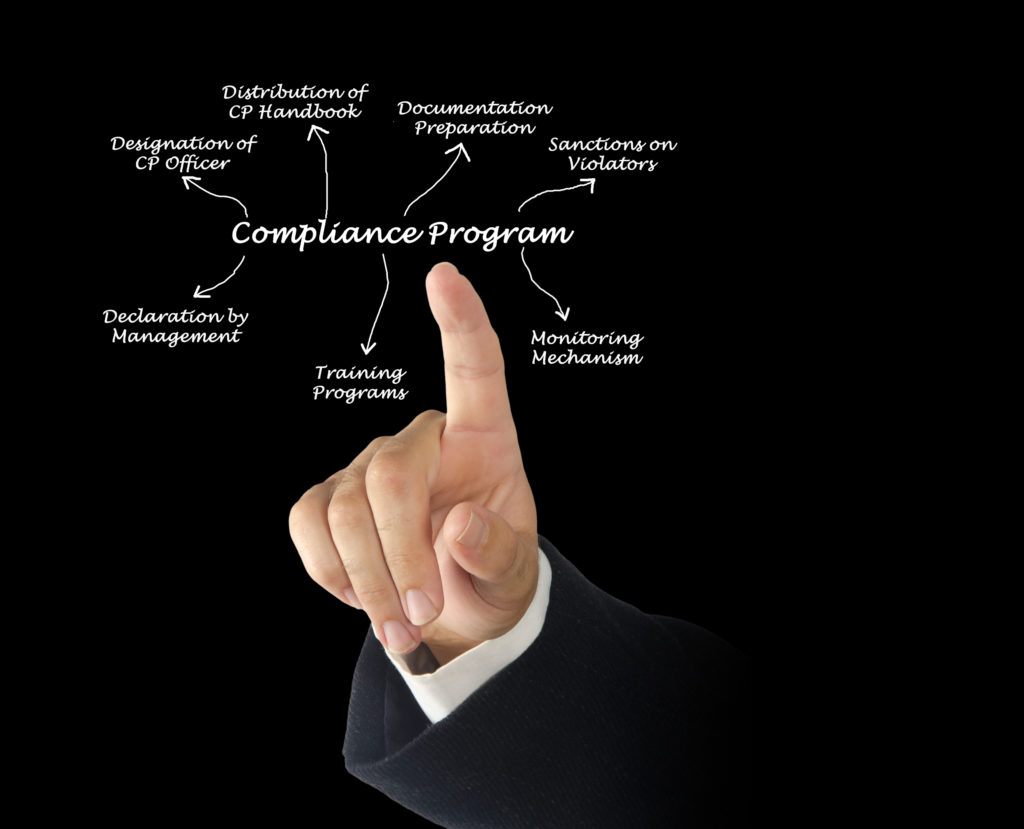
On June 1, 2020, the Department of Justice (DOJ) Criminal Division published an update to the U.S. Department of Justice Criminal Division Evaluation of Corporate Compliance Programs. The Corporate Compliance Evaluation Guideline assists prosecutors with making decisions regarding a corporation’s compliance program effectiveness at the time of an offense, and the effectiveness of its compliance […]
Forensic Accountants Should Be an Integral Component of PPP Loan Audits
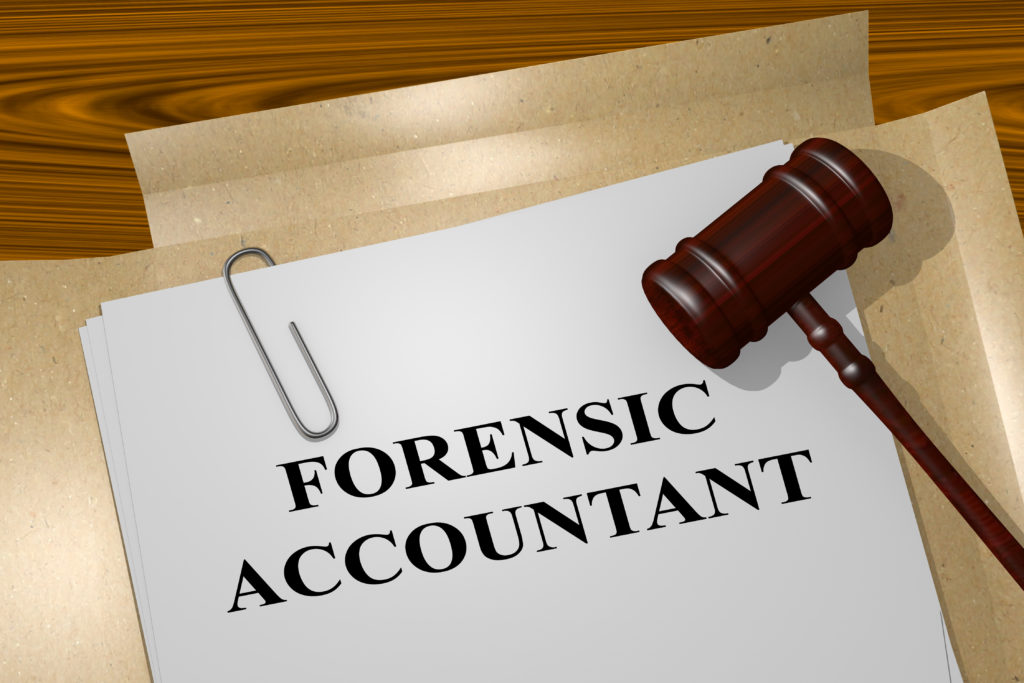
The published goal of the Paycheck Protection Program (PPP) loan program is to assist small businesses to remain open during the Covid-19 crisis and to reduce the rate of unemployment. The loans provide a direct incentive for small businesses to keep their employees on the payroll. The SBA under certain circumstances will forgive all or […]
Financial Institutions Can No Longer Afford to Underfund Compliance Hiring and Training
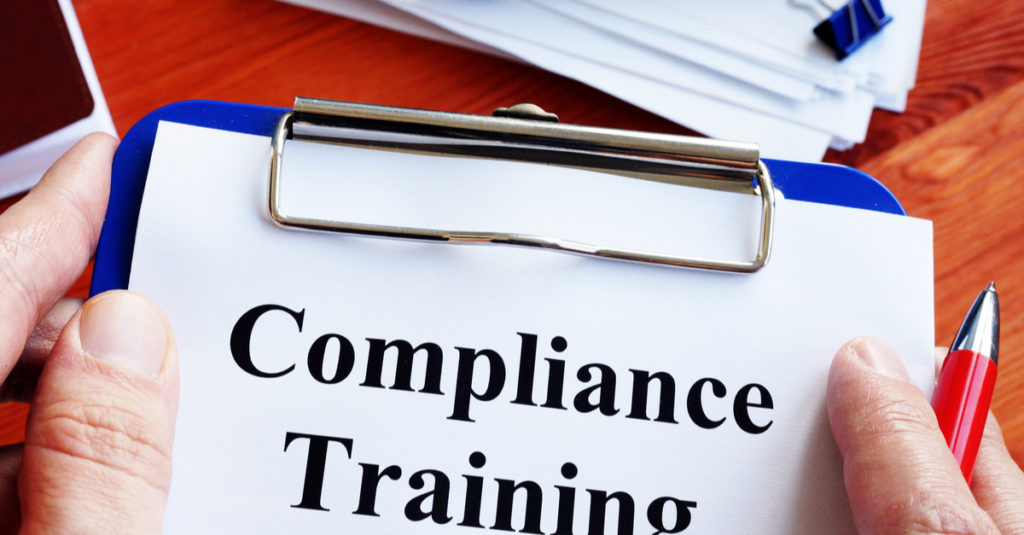
The Covid-19 Pandemic and the accompanying reduction in economic activity has been a rationale for Financial Institutions (FI) to re-analyze their budgets for compliance training and education. FIs, as well as businesses in other industries, are seeking to preserve liquidity through reducing expenditures. Not considering the risk-associated dangers resulting from compliance cost-cutting could be serious […]

